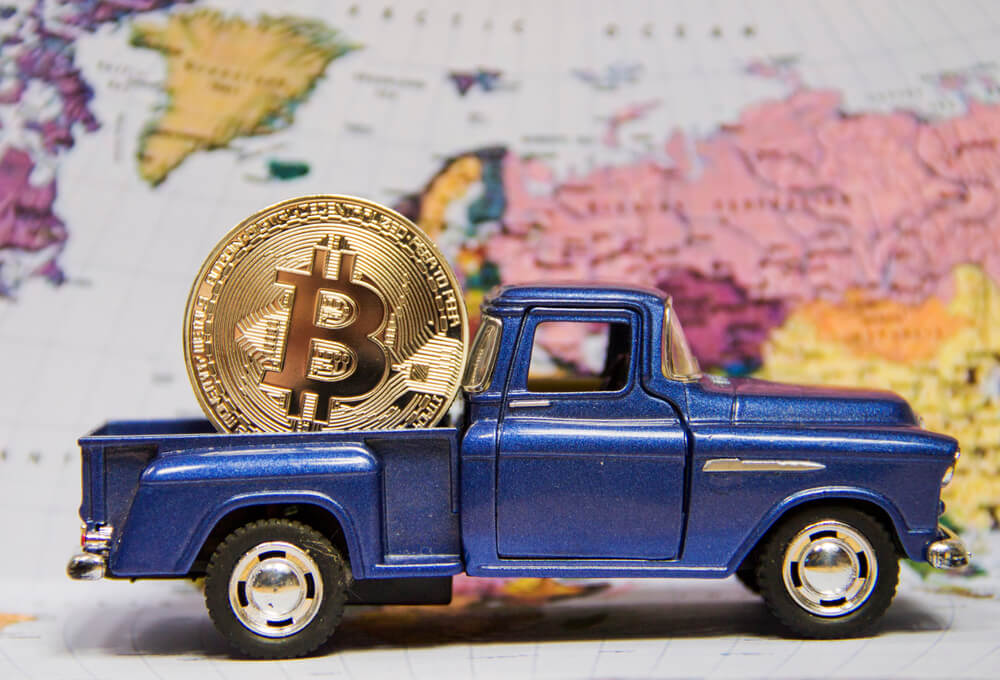Bitcoin and Economic Freedom

There have been many studies on economic freedom around the world. Economic freedom clearly correlates with a high GDP per capita. Countries that have banned or over-regulated bitcoin are low on the economic freedom ranking and also have a low GDP per capita. These unfree regimes play a part in creating poverty for their people.
According to the 2017 Heritage Foundation’s Index of Economic Freedom, the following 5 countries were the most economically free:
- Hong Kong
- Singapore
- New Zealand
- Switzerland
- Australia
Heritage uses the following 4 categories to assess economic freedom:
- Rule of Law (property rights, government integrity, judicial effectiveness)
- Government Size (government spending, tax burden, fiscal health)
- Regulatory Efficiency (business freedom, labor freedom, monetary freedom)
- Open Markets (trade freedom, investment freedom, financial freedom)
Using the World Banks 2016 numbers, let’s look at GDP per capita for the 5 most economically free societies:
- Hong Kong $43,681
- Singapore $52,961
- New Zealand $39,427
- Switzerland $78,813
- Australia. $49,929
Cleary, having economic freedom correlates with people being well off. The more economically free a country is, the better off the people are. Economic growth and increases in GDP per capita lead to longer lives, more choice, less pollution, smaller families and new technological breakthroughs. Countries becoming richer can effectively save the planet.
Banning Bitcoin
According to Wikipedia, the following 5 countries have banned Bitcoin:
- Morocco
- Bolivia
- Ecuador
- Kyrgyzstan
- Bangladesh
https://en.wikipedia.org/wiki/Legality_of_bitcoin_by_country_or_territory
Now let’s see how the banned countries are ranked on the Heritage Economic Freedom Index :
- Morocco 86
- Bolivia 168
- Ecuador 160
- Kyrgyzstan 89
- Bangladesh 128
https://www.heritage.org/index/ranking
Morocco and Kyrgyzstan are considered moderately free by the Heritage Foundation. Bangladesh is considered mostly repressed and Bolivia and Ecuador are considered repressed. The countries that have banned bitcoin are clearly not economically free.
Now we can look at the banned bitcoin countries’ GDP per capita. Once again, data is from the World Bank and is in US dollars:
- Morocco $2,832
- Bolivia $3,105
- Ecuador $5,969
- Kyrgyzstan $1,077
- Bangladesh $1,359
Cleary, these economically repressed countries are very poor.
Free and Rich Countries Embrace Bitcoin
Japan has declared bitcoin legal tender. This move seems to have led to an increase in their GDP. https://www.ccn.com/bitcoin-price-rally-could-boost-japanese-gdp-growth-in-2018/ China’s largest cryptocurrency exchange just signed a deal to relocate to Japan and South Korea. https://www.ccn.com/chinas-largest-bitcoin-exchange-is-reallocating-to-japan-and-south-korea-with-major-bank-deal/
Switzerland has created a cryptocurrency incubator at Zug. Cyrto Valley is a government supported association that aims to be at the forefront of blockchain and cryptographic technologies. These countries are not afraid of economic freedom. These countries are also very rich.
The more economically free a country is, the richer it is. Only backward, repressive regimes are banning bitcoin. These unfree regimes play a part in creating poverty for their people. Freedom and prosperity go hand in hand. Smart governments will continue to support blockchain and cryptocurrencies. Cryptocurrencies will continue to create more efficient markets; markets with the most consumer and producer surplus. Only the repressive are over-regulating and banning bitcoin. What is your government doing?
Featured image from Shutterstock.